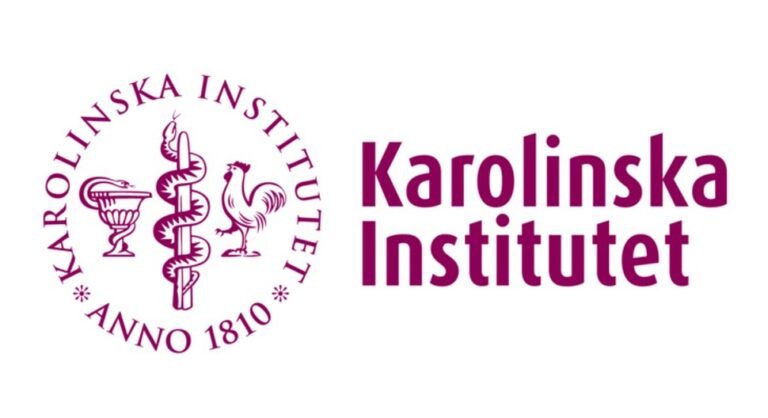Overview
Currently our world relies heavily on fossil fuels as energy supply. The power sector and the transport system alone account for about 80 percent of the energy mix (IEA, 2022). Electricity generation from renewables registered only 28.7% of energy mix in 2021 (IEA, 2021). Mitigating the risk of global climate change can only be effective if we
formulate and implement strategies to steer industries on to genuine paths of sustainability transitions (Zhang, 2024). UK has been a leading voice on achieving UN’s sustainable development goals (SDGs) by strategically formulating Net Zero policies and implementing decarbonisation innovations. The ambitious industrial strategy The Road to Zero was published in 2018 with an estimated investment of £1.5 billion, of which £317.75 million were invested in the Faraday Battery Challenge to develop UK manufacturers’ technological capabilities. According to UKRI, market opportunities for the UK battery value chains will grow to £12 billion by 2025 (UKRI, 2020). The UK strategic initiatives in developments of battery technologies and manufacturing need to be studied in the context of the intensification of global competition for battery technologies in the past few years due to the increasing demand for batteries, especially the Li-ion battery and lithium iron phosphate (LFP) battery
Whilst the upstream and the downstream supply chains form parts of the research, the focus of this project is primarily on manufacturing activities, consisting of both battery material manufacturing and battery cell manufacturing.
It is expected that the potential doctoral candidate will conduct empirical work in two phases. Firstly, the candidate need to compile an initial database of stakeholders within UK’s battery technology ecosystems, including organisations from both public and private sectors which have battery research or manufacturing capacities. This will be followed by questionnaire design and administration of a large sample survey. Upon completion of the required literature review and data collection, the candidate will analyse data using structural equation modelling (SEM) with either SPSS AMOS software or MPlus software through the theoretical lens of stakeholder ecosystems (Zhang, 2024).
References
IEA. (2022). World Energy Outlook 2022. International Energy Agency. October 2022.
IEA. (2021). Renewables 2021. International Energy Agency. November 2021.
UKRI (2020). Faraday Battery Challenge. Innovation>ISCF>Faraday battery challenge at https://www.ukri.org/innovation/industrial-strategy-challenge-fund/faraday-battery-challenge/
Zhang, M. (2024). Multi-stakeholder ecosystems for sustainability transitions. In Michael Zhang (Ed.) Strategic Management and Sustainability Transitions: Theory and Practice. Routledge. pp. 55-80.
Entry qualifications
The potential candidate should have a first-class honours degree in social sciences (economics or sociology) or in other disciplines (engineering) from a UK university. If the applicant holds an upper second-class honours degree (2:1) then a Masters degree at Merit or above level from a UK university can be considered. For international students an IELTS score of 6.5 or above (with minimum section scores of 6.0) is required. For more information, please visit our website.
How to apply
Applications are open all year round. Please visit our how to apply page for a step-by-step guide and make an application.
Fees and funding
This is a self-funded PhD project for UK and International applicants.
Guidance and support
For more information about the NBS PhD Programme, including entry requirements and application process, please visit: https://www.ntu.ac.uk/course/nottingham-business-school/res/this-year/research-degrees-in-business
Nottingham Business School is triple crown accredited with EQUIS, AACSB and AMBA – the highest international benchmarks for business education. It has also been ranked by the Financial Times for its Executive Education programmes in 2023 and 2024. NBS is one of only 47 global business schools recognised as a PRME Champion, and held up as an exemplar by the United Nations of Principles of Responsible Management Education (PRME).
Its purpose is to provide research and education that combines academic excellence with positive impact on people, business and society. As a world leader in experiential learning and personalisation, joining NBS as a researcher is an opportunity to achieve your potential.




